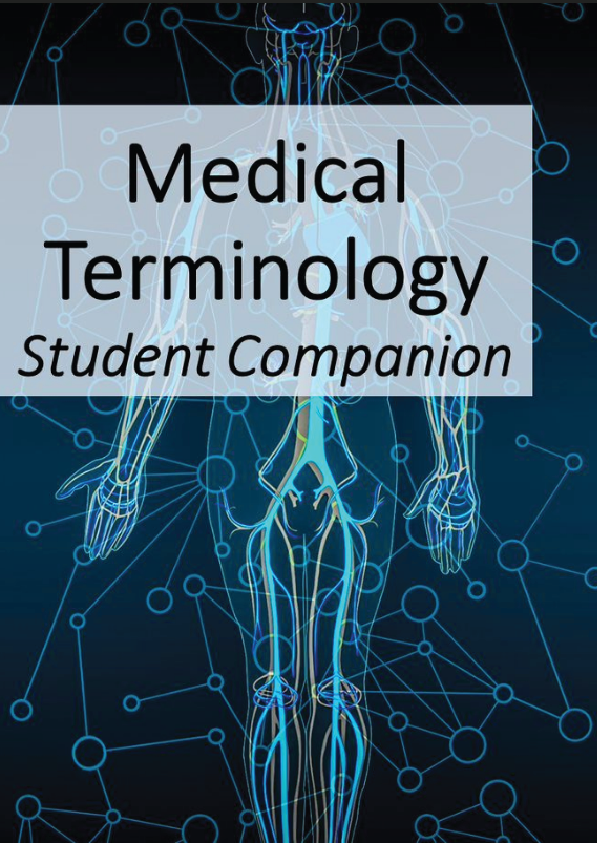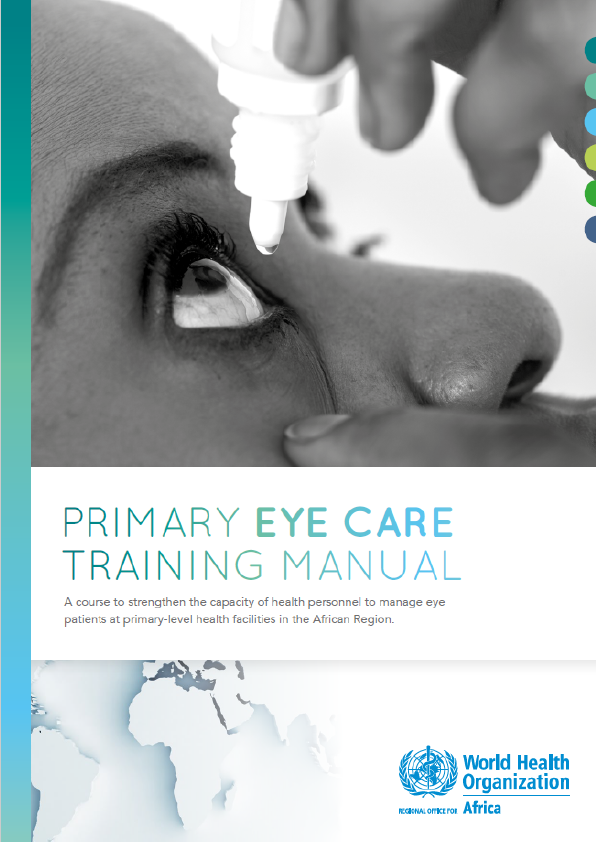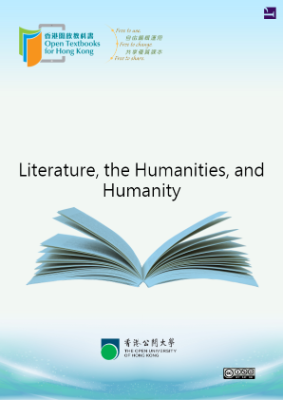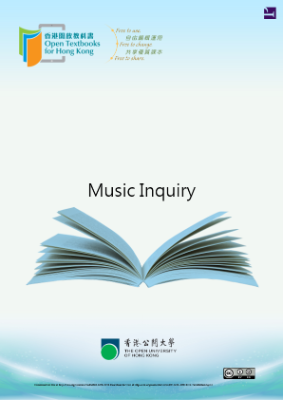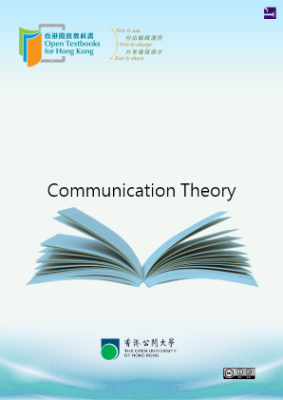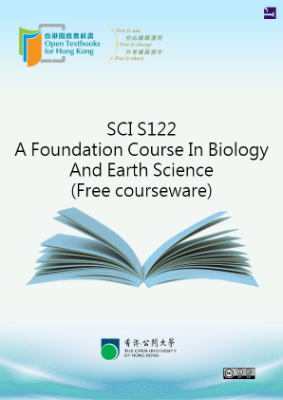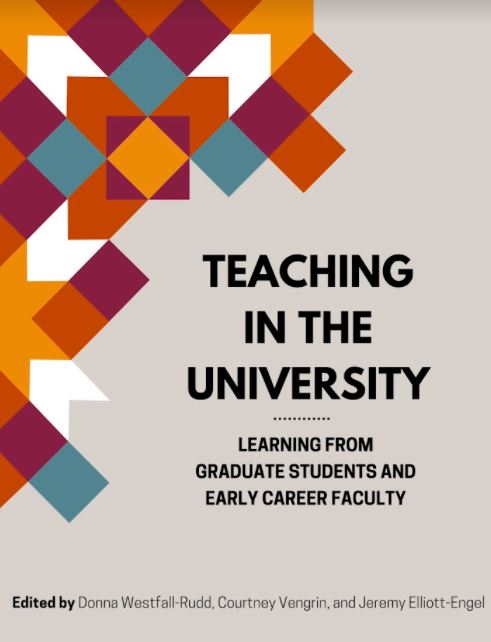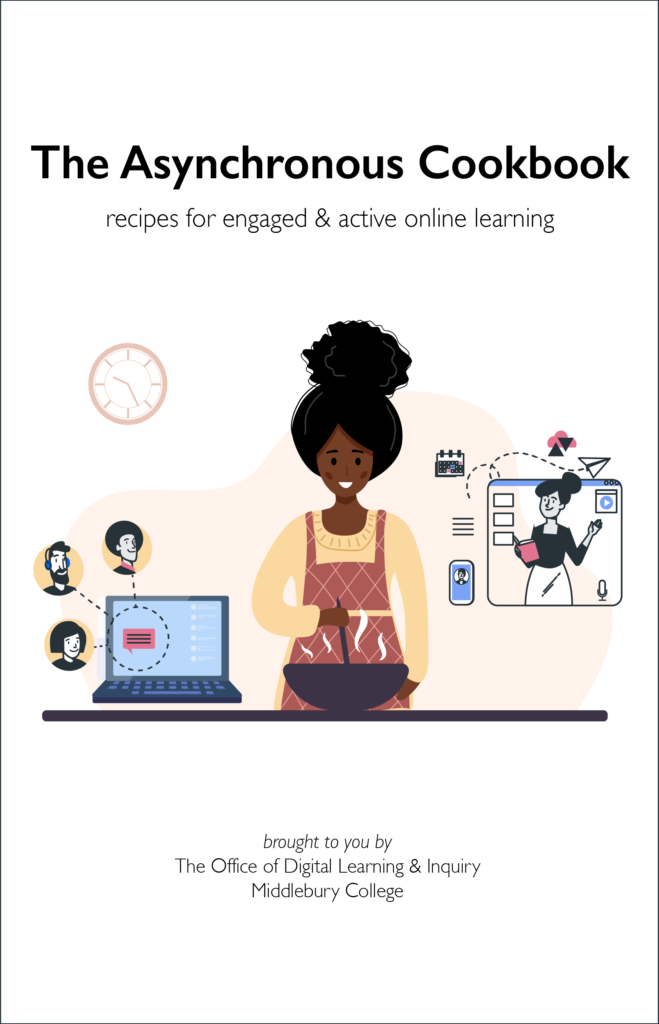When learning a language, it can feel like there is so much to know! This resource is a study companion to accompany Medical Terminology to assist students in learning, studying, and reviewing the course material.
In particular, if you intend print Medical Terminology, it is important that you also print this companion resource because it includes the word parts and word lists from each chapter. It also translates the interactive practice activities in a simple, straightforward format that is suitable for printing, study, and review. Please note that the answers to the review activities provided in this companion are available in the interactive electronic activities found in the textbook.
Students: We hope that, with time and dedication, you will become comfortable with the rules of medical language and the most common word parts. You can then use these building blocks to understand, interpret, and construct medical terms throughout your academic and professional careers.
Faculty and teaching staff: While this OER was curated and created for Medical Terminology students in a technical college system, our hope is that you will take this OER and customize it for your program and share again.
From 2020 to 2022, a team of instructors, librarians, and staff from across the Wisconsin Technical College System collaborated to create an open education resource (OER) textbook, companion, and assessments specifically for Wisconsin Technical College students so they could take the Medical Terminology course with no additional textbook costs.
Sort the terms from the word lists above into the following categories.
- Disease and Disorder (terms describing any deviation from normal structure and function)
- Diagnostic (terms related to process of identifying a disease, condition, or injury from its signs and symptoms)
- Therapeutic (terms related to treatment or curing of diseases)
- Anatomic (terms related to body structure)
Prefixes
- a- (absence of, without)
- an- (absence of, without)
- dia- (through, complete)
- dys- (painful, abnormal, difficult, labored)
- poly- (many, much)
Combining Forms
- albumin/o (albumin)
- azot/o (urea, nitrogen)
- blast/o (developing cell, germ cell)
- cyst/o (bladder, sac)
- glomerul/o (glomerulus)
- glyc/o (sugar)
- glycos/o (sugar)
- hydr/o (water)
- lith/o (stone, calculus)
- meat/o (meatus)
- nephr/o (kidney)
- noct/i (night)
- olig/o (few, scanty)
- pyel/o (renal pelvis)
- py/o (pus)
- ren/o (kidney)
- ureter/o (ureter)
- urethr/o (urethra)
- urin/o (urine, urinary tract)
- ur/o (urine, urinary tract)
- vesic/o (bladder, sac)
Suffixes
- al (pertaining to)
- ary (pertaining to)
- cele (hernia, protrusion)
- emia (in the blood)
- gram (the recorded radiographic image)
- graph (instrument used to record)
- graphy (process of recording, radiographic imaging)
- iasis (condition)
- esis (condition)
- itis (inflammation)
- lith (stone)
- lysis (loosening, dissolution, separating)
- megaly (enlarged, enlargement)
- oma (tumour, swelling)
- osis (abnormal condition)
- pexy (surgical fixation, suspension)
- ptosis (drooping, sagging, prolapse)
